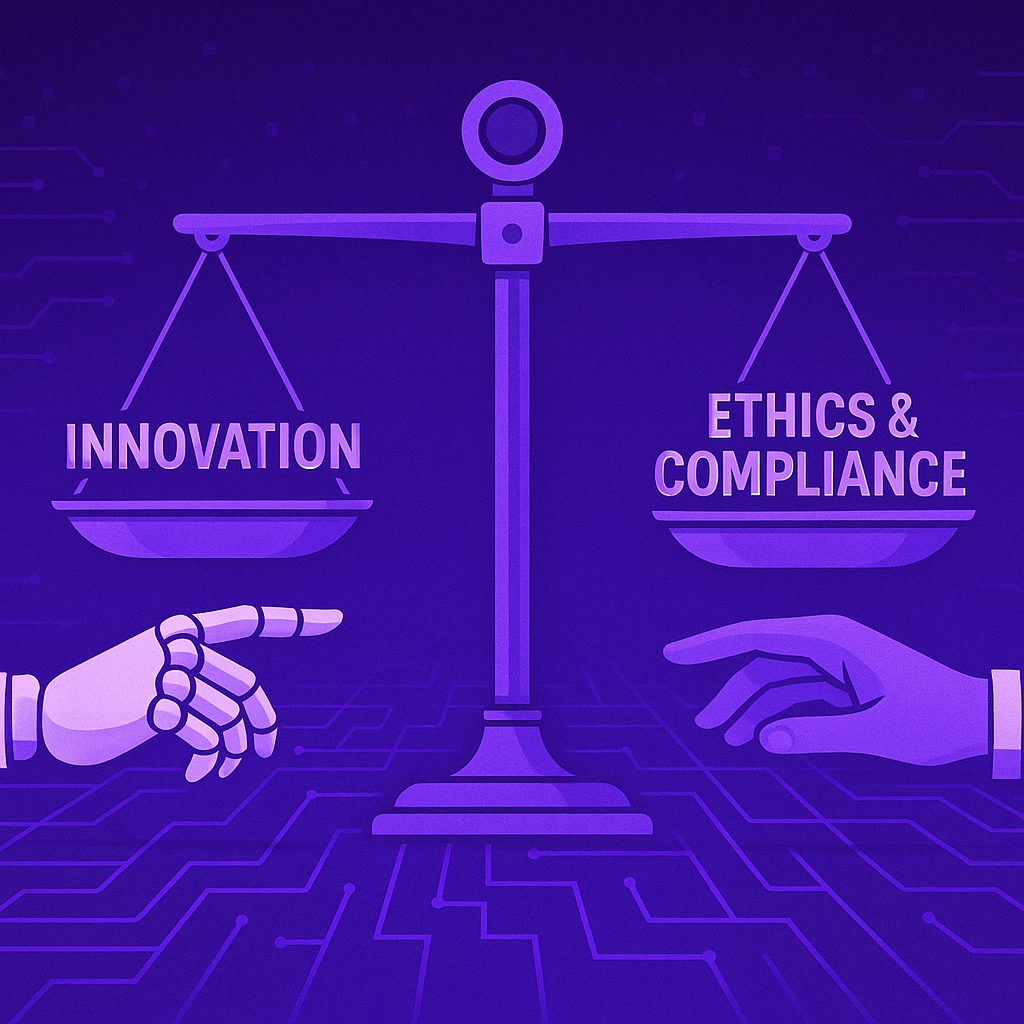Speed Is Great—Until It Breaks Trust
Startups are built on speed.
Launch fast. Ship fast. Pivot faster.
It’s how products get to market, how PMF is found, and how growth is unlocked.
But here’s the problem: regulators don’t move like startups.
They move deliberately, methodically—and if your product touches sensitive data in industries like healthcare, finance, or AI, that speed you prize can quickly turn into a compliance time bomb.
In today’s tech landscape, “move fast and break things” isn’t just outdated—it’s dangerous.
The Culture Clash: Speed vs. Control
Move fast and break things might work for testing landing pages.
But in compliance?
Breaking things means leaking user data.
Breaking things means triggering regulatory fines.
Breaking things means losing enterprise deals before they even start.
It doesn’t matter if it’s your MVP or your beta—if it processes personal data, it’s already expected to be secure. HIPAA, GDPR, SOC 2, and ISO 27001 aren’t interested in excuses. They’re interested in evidence that you take security seriously.
So what’s the solution—slow down?
Not at all.
You just need to build smarter.
You Don’t Have to Slow Down—You Just Need to Shift Left
Here’s the good news: Compliance doesn’t mean red tape, bureaucracy, and delays.
The fastest-growing, most trusted startups are the ones that:
- Automate security from day one
- Breathe compliance into their pipelines
- Treat trust as a feature, not an obstacle
Here’s how to do it:
1. Automate Early
You automate deployments. You automate tests. Why not automate compliance?
Modern tools make it easy to layer in real-time security without killing velocity:
- Access control & permissions monitoring
- Audit trails & anomaly detection
- Secrets management & endpoint protection
These tools scale with your growth, reduce human error, and take the manual burden off your team.
✅ Pro tip: Tools like Vanta, Drata, and Secureframe integrate seamlessly into your stack—and help you stay audit-ready without lifting a finger.
2. Make Compliance Part of CI/CD
If your code gets reviewed, your security should too.
Embed security checks directly into your build process:
- Run automated vulnerability scans before every release
- Lint for misconfigurations and known insecure patterns
- Fail builds that don’t meet your baseline security posture
Treating compliance as code means it becomes part of your speed, not something that blocks it.
This approach shifts compliance left—catching issues early before they cost you time, money, or customers.
3. Write Secure Defaults
The easiest way to prevent security fire drills later? Design for safety now.
- Enforce multi-factor authentication (MFA) across all systems
- Encrypt data at rest and in transit, even during development
- Grant access on a least privilege basis—nobody gets more than they need
Secure defaults mean your product ships safe by design—not as a last-minute patch.
“We’ll fix it later” is a great way to spend your Series A fighting fires.
Fast Now vs. Faster Later
It’s tempting to treat compliance as friction. But the irony is this:
The startups that slow down just enough to get compliance right actually move faster.
Here’s why:
- They land enterprise clients faster
- They expand into new markets with fewer regulatory hurdles
- They build investor confidence early
- They spend less time fixing and more time shipping
Slowing down for one day now can save you six months of chaos later.
Final Thought: The New Startup Motto
“Move fast and break things” had its moment.
But the modern playbook sounds different:
Move fast. Build trust. Secure everything.
The best startups bake compliance into their DNA—not because they have to, but because they understand what’s at stake.
Speed without security isn’t innovation—it’s risk.
If you’re serious about growth, compliance isn’t optional. It’s part of the plan.
Want to build speed and trust into your startup from day one?
CloudSapio helps high-growth companies automate security, prepare for audits, and scale responsibly—without slowing down.





